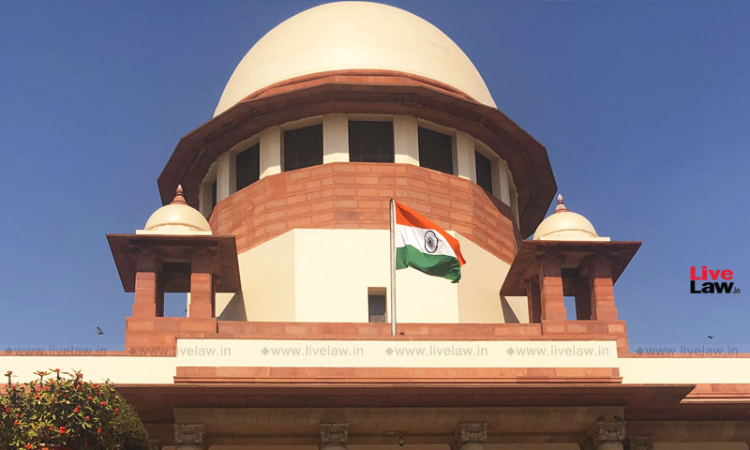A plea has been preferred in the Supreme Court challenging the memorandum of procedure regarding appointment of the Chief Justice of India as ultra vires of Articles 14 & 124 of the Constitution of India.Petitioner-in-person Bharat Pratap Singh, who is a practicing Advocate of Allahabad High Court has moved the instant petition, stating that the quest for independence of Judiciary which is...

